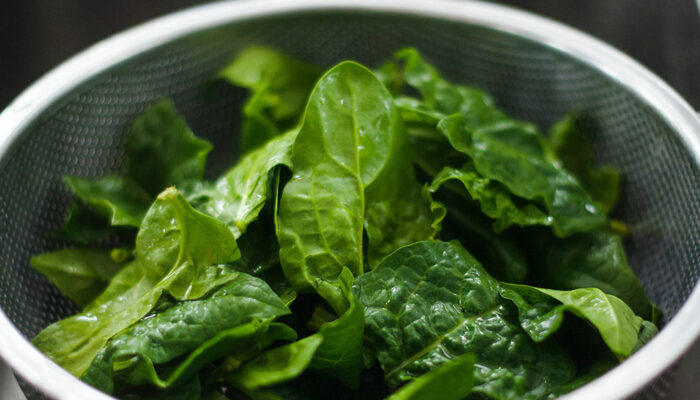
Tips to Combat Sleep Apnea
Sleep apnea is a disorder in which the breathing of a person is interrupted during sleep. When sleep apnea goes untreated, people stop breathing many times during sleep, which can turn to be serious. Due to this reason, the brain and other organs of the body might not get enough oxygen.
Let us discuss nutrition tips to manage sleep apnea.
Avoid alcohol
Healthy lifestyle choices can reduce the risk of sleep apnea and also help manage the condition. Alcohol severely disturbs deep sleep and interrupts the functioning of the throat muscles responsible for controlling your breathing. Thus, you’re more likely to snore when you’re had a few drinks before going to sleep. An interrupted sleep cycle and inflammation in the airways leading to a blockage in the airflow are some of the reasons alcohol can disrupt your sleep.
Avoid trans fats
Foods rich in trans fats are difficult to digest and thus interfere with the sleep cycle. This leads to bloating and cramping as well as heartburn. These symptoms can make you feel uneasy and make it difficult for you to sleep well. Even if you sleep, breathing might be interrupted, and thus sleep apnea will be aggravated. Avoiding trans fats, especially before going to sleep, is one of the most effective nutrition tips to manage sleep apnea. In practice, though, it is advised to avoid any kind of food just before going to bed.
Avoid meats
Meats have high-fat content, and thus, they can be severely harmful if you’re suffering from sleep apnea. You should completely avoid everything fried and stay away from meat in other forms as well.
Eat fruits and vegetables
Certain fruits, including apples, bananas, peaches, and avocado, are very beneficial for health and improve sleep quality. Some vegetables have a similar impact on our sleep cycle, and you should consume more and more of vegetables like spinach, broccoli, turnip greens, onions, and seaweed. These are rich in tryptophan, which is an amino acid found in protein. It helps in the production of melatonin in the body. Tryptophan has been known to improve the sleep cycle and thus help with the management of sleep apnea.
Have turmeric and cinnamon
Turmeric has many health benefits, and managing sleep apnea is one of them. Add some turmeric to warm milk and consume before going to sleep. It helps in dealing with sleep apnea symptoms as it reduces the inflammation of the respiratory system and allows you to breathe easily while you’re asleep. Mixing in milk helps because milk promotes sleep because of the presence of amino acid tryptophan. Cinnamon also has similar benefits for people who’re suffering from sleep apnea.



